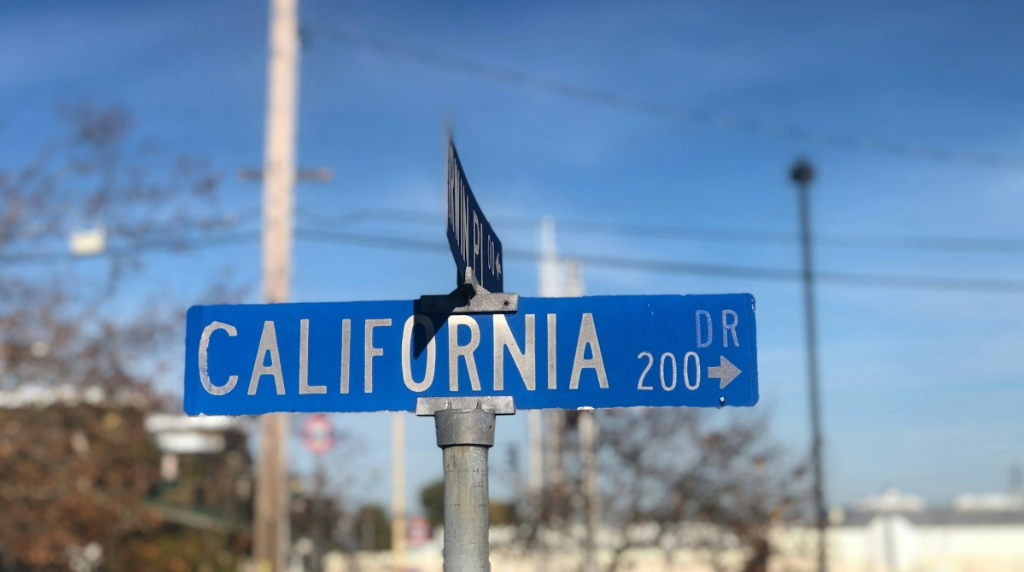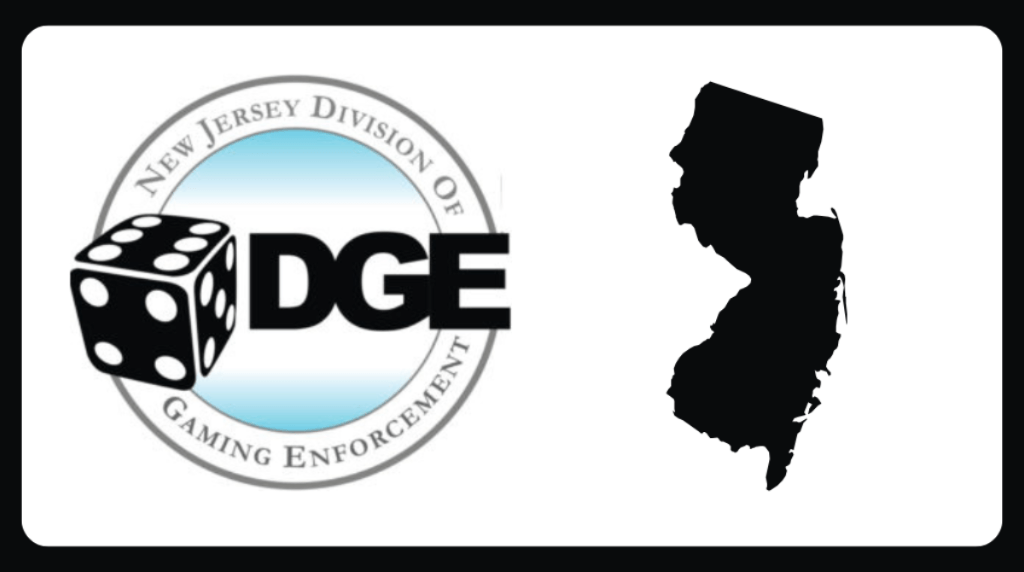Stake.us Wins First Round in California Sweepstakes Case
Stake.us won the first round in a California case filed by Dennis Boyle.

California is home to the latest casino sweepstakes litigation. © Volodomir Hotsyk, Unsplash
Key Facts:
- Mr. Boyle first filed suit in Orange County, California, in November of 2024
- By moving the case to Federal court, Stake.us will clearly have the upper hand
- Mr. Boyle’s attorneys would strongly prefer the most plaintiff-friendly jurisdiction in the Country: California
- An appeal to move the case back to State court would be considered a long shot
Several dozen state and federal lawsuits seeking damages from Sweepstakes casinos are pending, and more are filed weekly. However, many have already floundered in what can best be described as extremely legal murky waters.
Just last month, VGW, owner of some of the largest Sweepstakes casinos in the US, including LuckyLand slots and Chumba Casino, convinced Judge Carlos Mendoza to move Knapp vs. VGW Holdings to Federal court, where VGW can delay and deny for at least several more years.
This case had been considered the best hope for a quick trial, with Florida state law offering a clear and clean interpretation of Sweepstakes law. However, the Judge found that the defendants had successfully argued that the forum selection clauses in the terms and conditions agreed to by the plaintiff had been met and moved the case to the US Delaware District Court.
In a move that is becoming increasingly common, the plaintiffs also named VGW payment processors Worldpay Inc. and Fidelity Information Services in the suit. However, they were granted their request to transfer and dismiss due to having been merged into a new company and are now removed from the remaining Federal case.
Another lawsuit, Bargo vs Apple et al., was dropped just a few weeks ago. It had attempted to sue not only five sweepstakes casinos but also Apple and Google for allowing these apps on the Play Store in the first place.
It faced much the same issues with forum selection and a likely move to federal court. The plaintiffs voluntarily dropped it and refiled it in New Jersey without including the previously named sweeps operators in the new suit.
In December, a US District Court judge in Georgia found that VGW, which operates primarily in Australia, Malta, and the US through its Delaware LLC, was not within the court’s jurisdiction despite its “limited interaction” in being both accessible to Georgia users and their ability to engage in casino-style games.
The only recent court case in which a sweepstakes operator lost was in Kentucky, where several casinos violated the State’s Loss Recovery Act, which specifically allows customers to sue illegal gaming operations to recover their losses.
VGW settled an $11.75 million class action suit in 2022, and several other prominent sweeps operators also settled multimillion claims. The operators learned their lesson and fine-tuned their offerings and arbitration agreements in their terms and conditions, and they have been on a roll in state and federal courts since.
Boyle’s California Cases
Mr Boyle first filed suit against Sweepstakes Limited, the owner of Stake Casino, in November 2024. That same month, he also filed a similar suit separately against Yellow Social Interactive, the owners of Pulsz Casino, in the same Orange County Venue.
Like other lawsuits against sweeps casinos, Mr Boyle and his attorneys argue that the dual currency system used by Sweeps operators constitutes illegal gaming, pointing to California case law on “consideration.”
In California, a correlation between the amount spent and the number of “sweeps entries” one receives is enough on its own to prove the very important fact of consideration or that gambling for something of value is actually taking place.
In a nod to previous case law from around the country, the plaintiff argues that any arbitration or contracts entered into by the plaintiff are not enforceable as the company is operating illegally and violating the Unfair Competition Act.
This California law bans unlawful, unfair, or fraudulent business acts.
However, much like in many other state courts, the judge did not have it and remanded the case to the US District Court for Central California in Santa Anna, with a scheduled conference set for 25 April.
This can hardly be shocking or even considered surprising, given that Mr. Boyle’s eerily similar case against Yellow Social was moved out of State court and to the same Federal District court on 14 January, with Judge James V. Selna presiding.
Mr Doyle’s very competent legal team from Smith Krivoshey has filed numerous motions to move the Yellow Social case back to Orange County, and motions to remand to state court have already started flying in Boyle vs. Sweepstakes Limited as well.
Still, some of the country’s top class-action litigation law firms face long odds of getting either of these cases back to state court, Carnegie Mellon V. Cohill notwithstanding.
In fact their most recent remand request in the Yellow Social Interactive case was denied and the Federal Court canceled oral arguments on 20 March with the court finding that Boyle did indeed meet the criteria under USC 1446 for both standing and subject matter jurisdiction. It’s extremely unlikely that the decision will be any different in the Stake.us case.
A Legal Strategy That Is Working
. If states are looking to the civil courts to end the Sweepstakes casino model, they may have a long time to wait. The sweepstakes operators appear to have locked down their arbitration clauses and forum selection language, making it nearly impossible to bring a state class action suit.
Meanwhile, their attorneys find their hands much less fettered by US federal sweepstakes and gambling laws than they would by state law.
It will take a concentrated effort by both state legislatures and Attorney Generals if states really wish to move the needle on unlicensed and untaxed casino operators operating under the guise of sweepstakes companies.
Without meaningful changes to state laws expressly making these types of sites illegal, not only will casino sweepstakes casinos continue to operate, but they will flourish.




